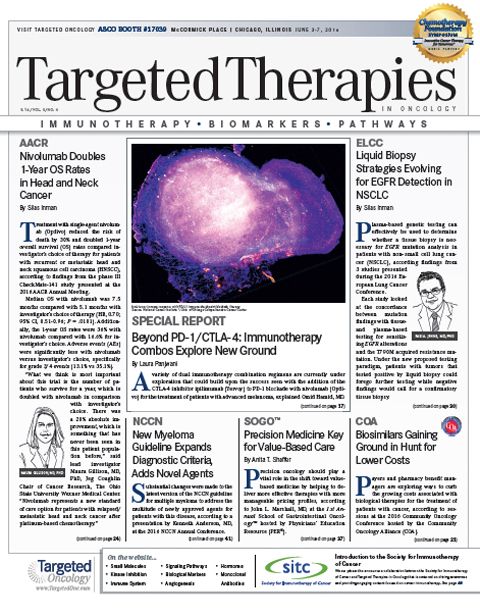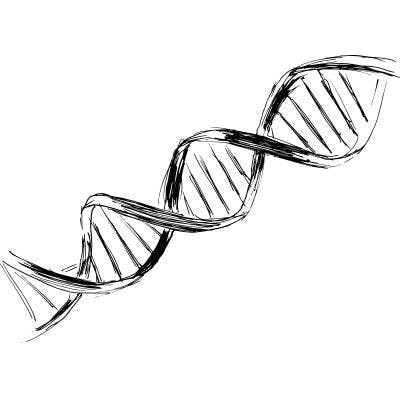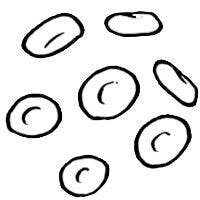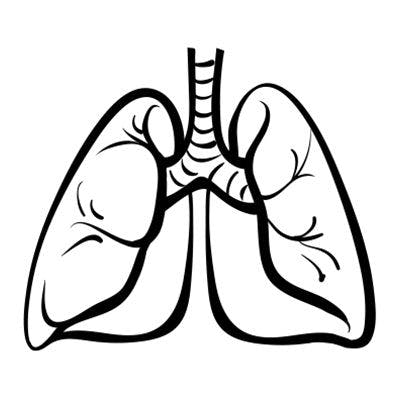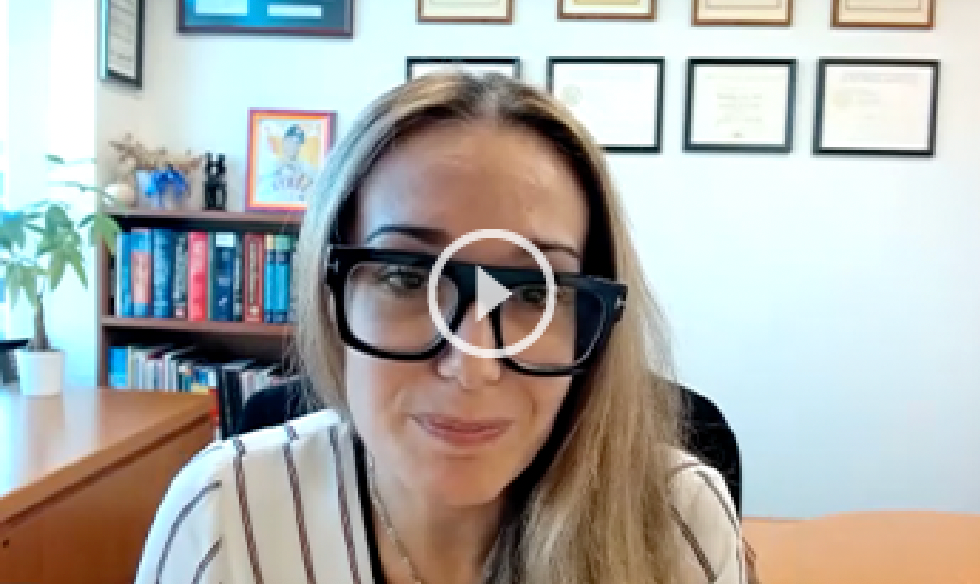Introduction to the Society for Immunotherapy of Cancer
The Society for Immunotherapy of Cancer (SITC) is the world's leading member-driven organization dedicated to professionals working in the field of cancer immunotherapy. A 501(c)(3) non-profit organization, SITC was established in 1984 to advance the science, development, and application of tumor immunology and cancer immunotherapy. SITC aims to make cancer immunotherapy a standard of care and the word "cure" a reality.
We know it is critical to engage the oncology community in a broad-based campaign to support research and foster interest in immunotherapy as a viable and preferred—treatment modality. That is why SITC has dedicated itself to:
- Creating society-driven resources and tools for professionals in the cancer immunotherapy field
- Providing increased opportunities for students and young investigators to draw more talented and innovative professionals to the medical profession
- Developing educational activities to reach community practitioners
- Providing additional funding sources for cancer immunotherapy-focused research
- Expanding networking opportunities for scientific interaction, career development, and information exchange
- Forming collaborative relationships with other membership-based associations, non-profit organizations, US and global cancer immunotherapy research institutions, and patient advocacy groups
With this in mind, we are pleased to announce the collaboration between SITC and the Oncology Specialty Group, centered on driving awareness and providing engaging content focused on cancer immunotherapy. With this new partnership, we hope to provideTargeted Therapies in Oncologyreaders and website visitors with unique and interesting perspectives on cancer immunotherapy.
MEMBER-LED PROGRAMS AND PROJECTS
The following represent a more in-depth introduction to how we translate the Society’s mission of improving cancer patient outcomes into actionable initiatives:
Critical Hurdles
Over a decade ago, SITC identified the interval between discoveries made in preclinical models and testing in patients with cancer as an opportunity for improvement. To approach this, SITC convened an Immunotherapy Summit including representatives from related organizations around the world (now the “World Immunotherapy Counsel”). These leaders identified the critical hurdles impeding timely clinical translation of promising advances in basic immunology, including the science-based limitations of animal models and lack of definitive biomarkers, along with other hurdles focused on aspects of governmental regulations and funding, such as the prolonged time to obtain approval to initiate clinical trials and limited funds available to translate science into patients. In order to address these critical hurdles that are still relevant today, SITC initiated international working groups that continue to make recommendations to overcome these barriers to the field.
Value Summit
Amid a climate of rising healthcare costs, SITC has been a leader in the discussion surrounding the value of cancer immunotherapy. In contrast to traditional therapies, cancer immunotherapy is characterized by durable responses, distinct side effects, and unique pharmacokinetics, all of which contribute to the valuation of this therapy. SITC initiated this important discussion at the 30th Anniversary Annual Meeting with a Hot Topic Symposium on the Value of Cancer Immunotherapy to define and assess the true value of immunotherapy. This initiative will be continued with the Value of Cancer Immunotherapy Sum-mit organized in collaboration with the American Society for Clinical Oncology (ASCO) at the 31st Annual Meeting in November 2016.
Cancer Immunotherapy Guidelines
The Cancer Immunotherapy Guidelines (CIG) were developed to provide guidance regarding the appropriate use of immunotherapy in various disease settings. Led by expert task forces, the aim of the CIG is to address knowledge gaps and provide evidence-based recommendations for each disease specialty. These guidelines focus on promoting enhanced clinical decision-making in terms of patient selection, toxicity management, clinical endpoints, and the sequencing or combination of therapies. SITC published the first consensus statement on the appropriate use of cancer immunotherapy for cutaneous melanoma in 2013. This initiative has now been expanded to include an update to the melanoma guidelines as well as consensus statements focused on genitourinary malignancies, hematologic malignancies, and lung cancer.
Immune Biomarkers Task Force
SITC remains active in investigating both predictive and prognostic biomarkers of response in cancer immunotherapy. In previous years, SITC has focused efforts in several dedicated workshops and developed a series of recommendations as well as resources for researchers in the field. The SITC Immune Biomarkers Task Force was then reconvened in 2014 due to advances in cancer immunotherapy, including positive results from clinical trials, new technologies to monitor the immune response, and emerging candidate biomarkers from early phase trials. The resulting recommendations of this task force were presented at a meeting held in collaboration with the National Cancer Institute at the National Institutes of Health and will be made available via open access publication in theJournal for ImmunoTherapy of Cancer(JITC).
Immunoscore
Recent evidence has demonstrated that increased numbers of lymphocytic infiltrates both within the tumor as well as at the invasive margin correlate with survival. Termed the “Immunoscore,” an international consortium led by SITC utilized digital pathology to quantify the immune presence within the tumor microenvironment of patients with colon cancer (stages I/II/III) in routine clinical settings. Although currently undergoing validation, previous studies have illustrated the proof of concept, as the time-to-recurrence was significantly longer in patients with a high Immunoscore. The results of this global validation may result in the implementation of Immunoscore as a novel component to help classify cancer and identify patients who are more likely to respond to immune-targeted therapies.
Adjuvant Settings
An upcoming topic of interest to SITC is the importance of cancer immunotherapy in an adjuvant setting. The recent approval of ipilimumab (anti CTLA-4) as an adjuvant treatment for patients with stage III melanoma who have undergone complete resection and total lymphadenectomy has served to illustrate the potential of immunotherapeutics in extending recurrence-free survival. The groundwork laid by adjuvant ipilimumab is also significant in that it utilizes immunotherapy in earlier stages of disease, which could herald a number of exciting new treatment options for patients with cancer.
CONCLUSION
During this historic time in cancer immunotherapy, when scientific advancements are increasingly yielding tenable therapeutic options and the ideal of making the word “cure” a reality in our lifetime has become a unifying goal for researchers, physicians, and politicians alike, SITC continues to be an invaluable resource and community on the forefront of the field.TT
